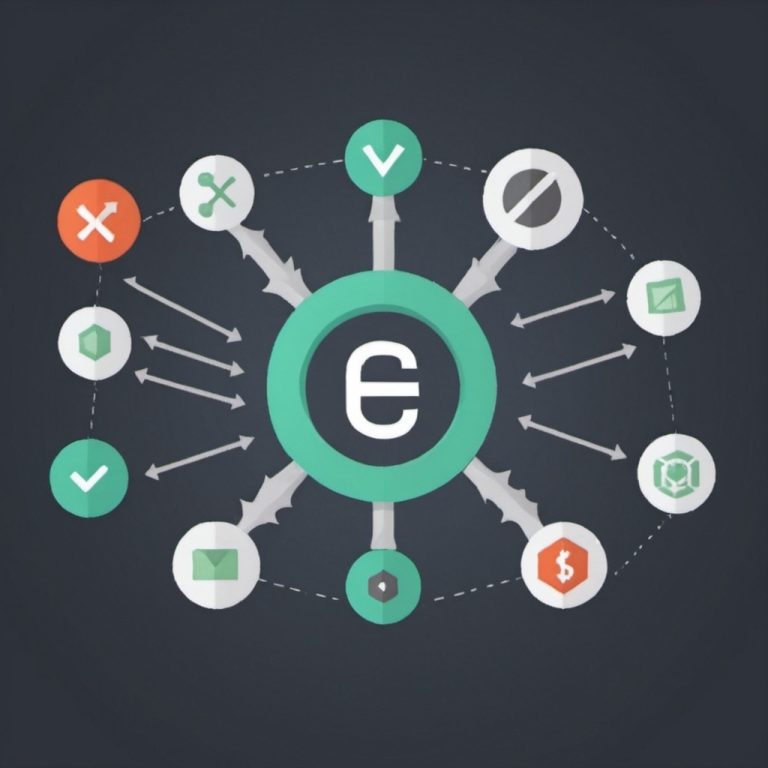In the realm of virtual assistance, confidentiality is not just a best practice—it’s a cornerstone of professional integrity and client trust. As virtual assistants (VAs) handle a wide range of sensitive information, maintaining confidentiality is crucial for safeguarding client data and upholding a high standard of service. Here’s a detailed look at why confidentiality is so important in virtual assistance and how to effectively manage it.
1. Building Client Trust
Confidentiality is fundamental to establishing and maintaining trust with clients. When clients entrust you with their sensitive information—be it personal details, business strategies, or financial data—they expect that information to be handled with the utmost care. Adhering to strict confidentiality protocols reassures clients that their data is secure and fosters a strong, reliable working relationship.
2. Protecting Sensitive Information
Virtual assistants often have access to a wide array of confidential data, including:
- Personal Information: Client addresses, Social Security numbers, or other personal identifiers.
- Business Data: Financial records, proprietary business strategies, or marketing plans.
- Client Correspondence: Emails, documents, and other communications containing sensitive content.
Failing to protect this information can lead to serious consequences, including identity theft, financial loss, or reputational damage. Implementing robust confidentiality practices helps prevent unauthorized access or disclosure of such information.
3. Legal and Ethical Obligations
Confidentiality is not just a matter of professional courtesy; it also involves legal and ethical obligations. Depending on your client’s industry and the nature of the data, you may be subject to specific regulations, such as:
- General Data Protection Regulation (GDPR): For clients in the European Union, GDPR mandates stringent data protection practices.
- California Consumer Privacy Act (CCPA): For clients in California, CCPA outlines privacy rights and data handling requirements.
- Non-Disclosure Agreements (NDAs): Many clients may require you to sign NDAs to legally bind you to confidentiality terms.
Understanding and complying with these regulations and agreements is essential to avoid legal repercussions and maintain ethical standards.
4. Implementing Effective Confidentiality Measures
To ensure confidentiality, virtual assistants should implement a range of security measures:
- Secure Communication Channels: Use encrypted email services and secure messaging platforms to protect client communications.
- Password Protection: Use strong, unique passwords for accessing client accounts and change them regularly. Consider implementing two-factor authentication for additional security.
- Data Encryption: Encrypt sensitive files and data both at rest and in transit to protect against unauthorized access.
- Access Controls: Limit access to confidential information based on necessity. Ensure that only authorized personnel can view or handle sensitive data.
5. Developing and Enforcing Policies
Establish clear confidentiality policies for your virtual assistance business:
- Privacy Policy: Outline how you handle, store, and protect client information. Make this policy available to clients and ensure they understand it.
- Confidentiality Agreements: Draft and use confidentiality agreements or NDAs to formalize your commitment to protecting client data.
- Training and Awareness: Educate yourself and any team members about best practices for data protection and confidentiality. Regular training can help reinforce the importance of these practices.
6. Handling Breaches and Incidents
Despite best efforts, data breaches can occur. Have a plan in place for responding to such incidents:
- Incident Response Plan: Develop a protocol for addressing data breaches, including notifying affected clients and regulatory bodies if required.
- Mitigation Steps: Take immediate action to contain and mitigate the breach, such as changing passwords or securing compromised systems.
- Post-Incident Review: Analyze the breach to identify its cause and implement measures to prevent future incidents.
7. Maintaining Professional Integrity
Confidentiality is integral to professional integrity. By consistently upholding confidentiality, you demonstrate your commitment to ethical practices and build a reputation as a reliable and trustworthy virtual assistant. This not only helps retain existing clients but also attracts new ones who value security and professionalism.
Conclusion
In the virtual assistance industry, confidentiality is essential for maintaining client trust, protecting sensitive information, and adhering to legal and ethical standards. By implementing robust security measures, developing clear policies, and handling breaches effectively, virtual assistants can ensure that client data remains secure and that they operate with the highest level of professionalism. Upholding confidentiality is not only a legal obligation but also a key factor in fostering long-term, successful client relationships.






